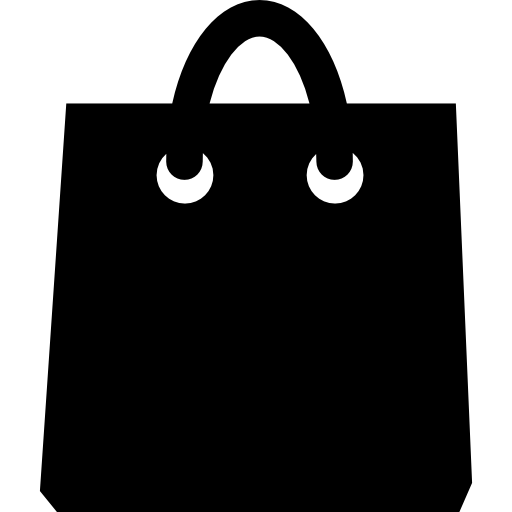Reduce, Reuse, Recycle
Posted on October 12 2021

In today’s world it seems you can’t get away from plastic. It’s used in toys, clothing, cars, food utensils and so much more. With most plastics being easily recycled it’s hard to believe that a staggering 91% of plastic has never been recycled. Of that, 32% of plastic (that’s 12.2 million tons), ends up in our oceans every year causing devastating effects to marine life.
So, when we found companies that use these plastics, regenerate them and turn them into textiles – we were determined to form a partnership with them and create our sustainable swimwear collection. We know this process isn’t perfect but it’s a starting point. Read more about our sustainable processes here.
Plastic enters our ocean in 1 of 3 ways:
1) Plastic that should be recycled ends up in landfills. Lightweight plastics are easily blown away and end up cluttering drains and beaches and end up in our seas.
2) Littering and fly tipping is another huge contributor. This plastic is washed away by rain or blown by the wind ending up in drains, stream or rivers eventually leading to the seas.
3) Products that go down the drain eventually end up in the sea. This includes wet wipes, cotton buds and sanitary towels.
From our own experiences, we know the different symbols can seem daunting and confusing, so we found the image below super useful. It’s a list of the most commonly used symbols found on most packaging. Understanding these symbols can make recycling a lot easier and less of a chore.

It’s essential we all play our part and recycle, but more importantly we should be reducing the amount of plastic we buy and use altogether. There are a few easy lifestyle changes we can all make to reduce the amount of plastic produced
1) Re-usable coffee cups and water bottles. 7 million coffee cups are used a day in the UK alone and only 1% are recycled.
2) Bringing re-usable bags to shops. The introduction of the fee for plastic bags has had a massive impact and reduced the number of bags issued by large supermarkets by 86%.
3) Opting for loose products as supermarkets, especially fruits and vegetables rather than those wrapped with plastic.
4) Ditching the single wrap plastics and using beeswax wraps or tupperware boxes instead.
5) Refuse plastic straws and cutlery, instead opt for paper/metal straws.
6) Supporting fantastic local zero waste supermarkets that allow you to refill your own containers with dry groceries.
If we all unite and make small changes to our day-to-day life, we can create huge differences in the world we live in today. What small changes have you been thinking about?
More Posts
-
The SEI SORELLE swi...
That’s right.. we offer water resistant swim hijabs and swim turbans. We love our versatile swim hijabs because we know that one style doesn’t suit...
Read More -
Health benefits of ...
Swimming comes with unlimited health benefits for women, both physical and mental. Some are mentioned below : 1) Teaching your kids to swim will al...
Read More -
The best kids Amaan...
Amaani Swimsuit is a fun, playful design crafted for our younger swimmers aged 7 to 14 years. With flowing ruffles and a sleek bodice, the elegant ...
Read More



Comments
0 Comments
Leave a Comment